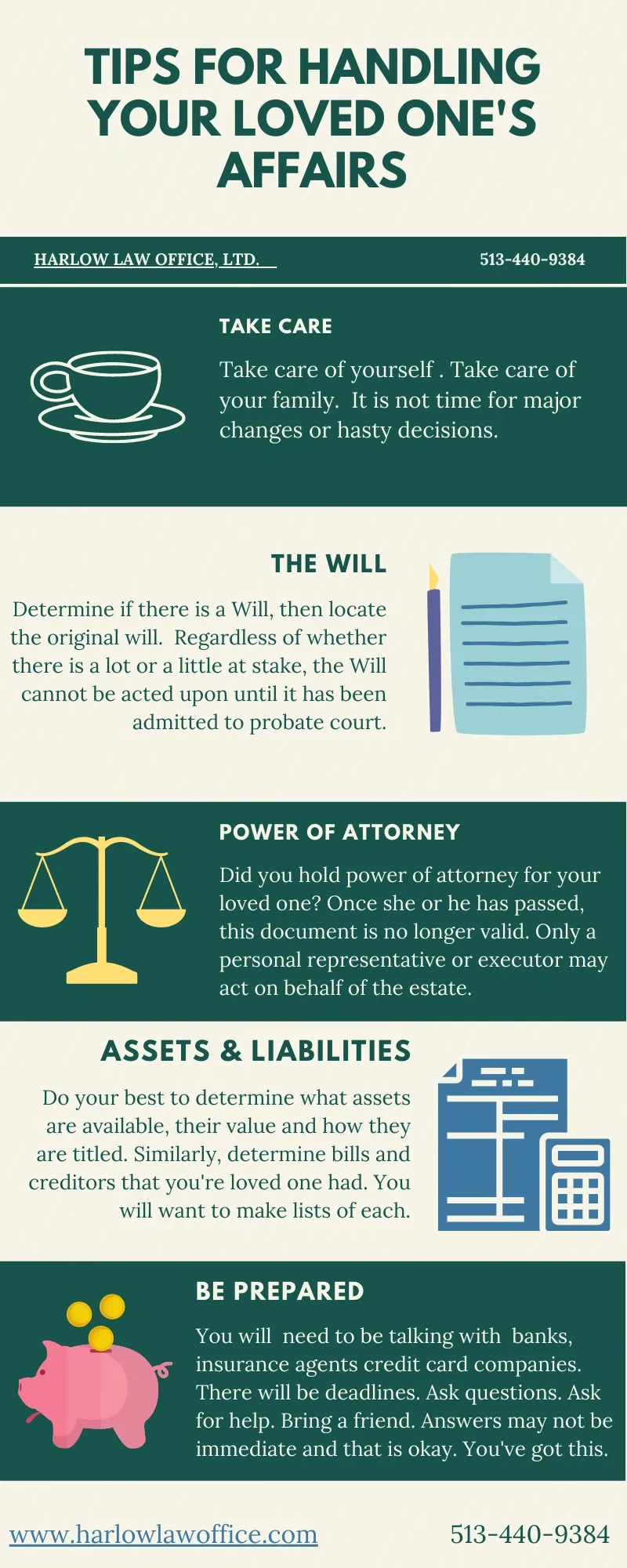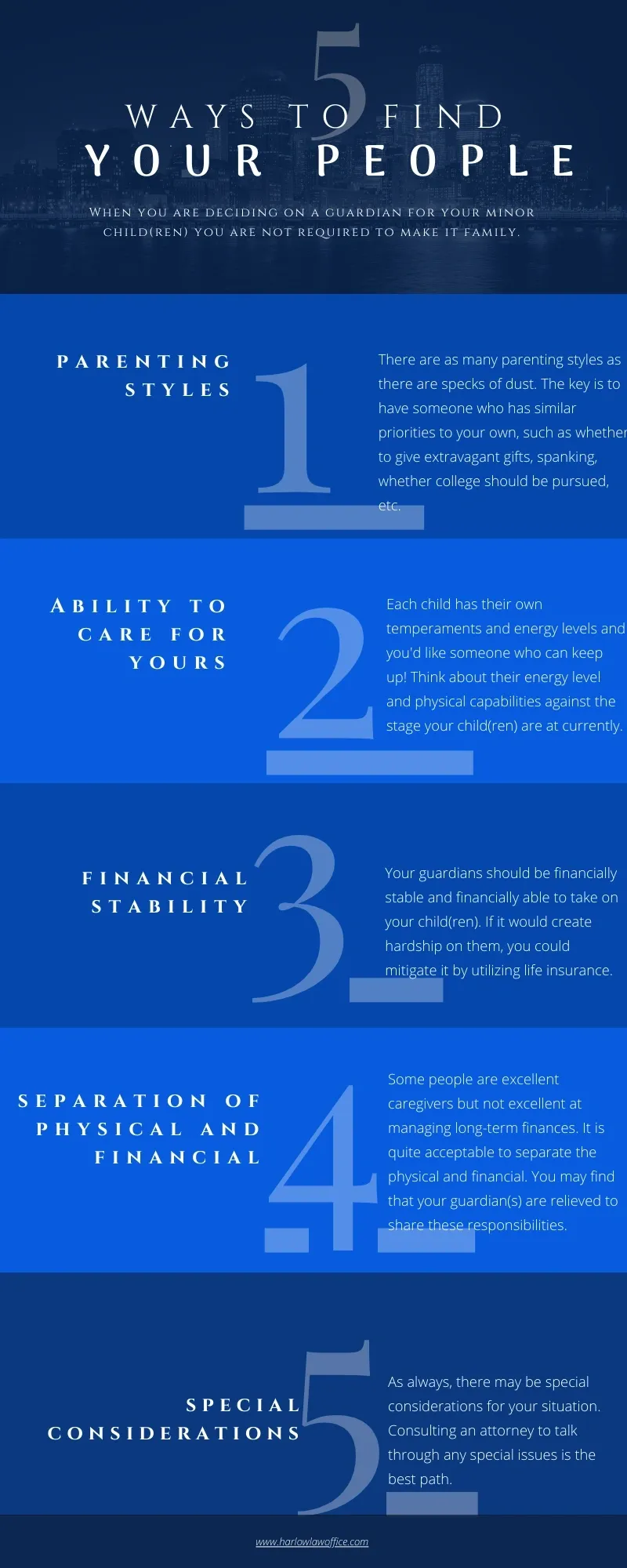Executor Who Paid Beneficiaries and Creditors Before IRS Personally Liable for Estate Taxes
United States v. Marin, 2020 WL 378094 (S.D.N.Y. Jan. 22, 2020)
Ana Beatriz Marin died in 2007 with an estate worth $7,438,485, comprised mostly of real property as well as some cash, notes, and mortgages. Her handwritten will named two of her children, Carla and Philip, as co-executors of her estate. During 2008, the authenticity of the handwritten will was disputed, and the court appointed a temporary administrator of the estate who filed a tax return on behalf of the estate. The IRS assessed estate taxes of $1,869,340 against the estate. The temporary executor elected to defer payment of the estate tax principal and make interest-only payments for five years, pay the remaining principal and interest in up to ten annual installments, and provide the IRS a bond or a consent to a special lien as collateral. In 2009, the court issued letters testamentary to Carla and Philip, appointing them co-executors, though Philip was later removed by the court as a co-executor. Following a 2010 audit, the IRS increased the total estate tax liability to $2,114,400.
The estate made payments pursuant to the installment election from 2008 through 2012 but defaulted by failing to make further payments and by failing to provide a bond or special lien to the IRS. In addition, the estate had not filed an income tax return since 2010 despite interim accountings showing the estate had received over $2 million in rental and other income since October 2009. Carla asserted that the estate was unable to pay the estate tax. In the meantime, Carla, who was also a beneficiary under the will, had made distributions to seven beneficiaries, including herself, as well as paid other non-priority debts prior to satisfying the estate’s outstanding federal tax obligations. Further, Carla resided in and used estate property for her own benefit.
The government brought an action against Carla and other beneficiaries to recover the unpaid estate tax liabilities. The court refused to grant Carla’s motion to dismiss on multiple grounds, including that the government had alleged facts sufficient to withstand dismissal of its claim against Carla on the basis that an executor who pays the debt of an estate to another before paying the government is liable under the federal priority statute, 31 U.S.C. Section 3713. The court also rejected Carla’s contention that the government must first make tax assessments against her directly pursuant to 26 U.S.C. Section 6901 before bringing a transferee claim under 26 U.S.C. Section 6324(a)(2).
Takeaways: Executors and personal representatives who have knowledge of or sufficient reason to know of a debt owed by an estate to the government, including liability for federal estate taxes, will be personally liable if they pay an estate debt to another, rendering it insolvent, before they pay the federal estate tax. In addition, beneficiaries will be subject to “transferee liability” to the extent of the value, at the time of the decedent’s death, of the transferred property when the estate fails to pay its federal taxes.
This was also all a public record. If the deceased had created and funded a revocable living trust, this would have not been so easy to find exact facts of the case.





